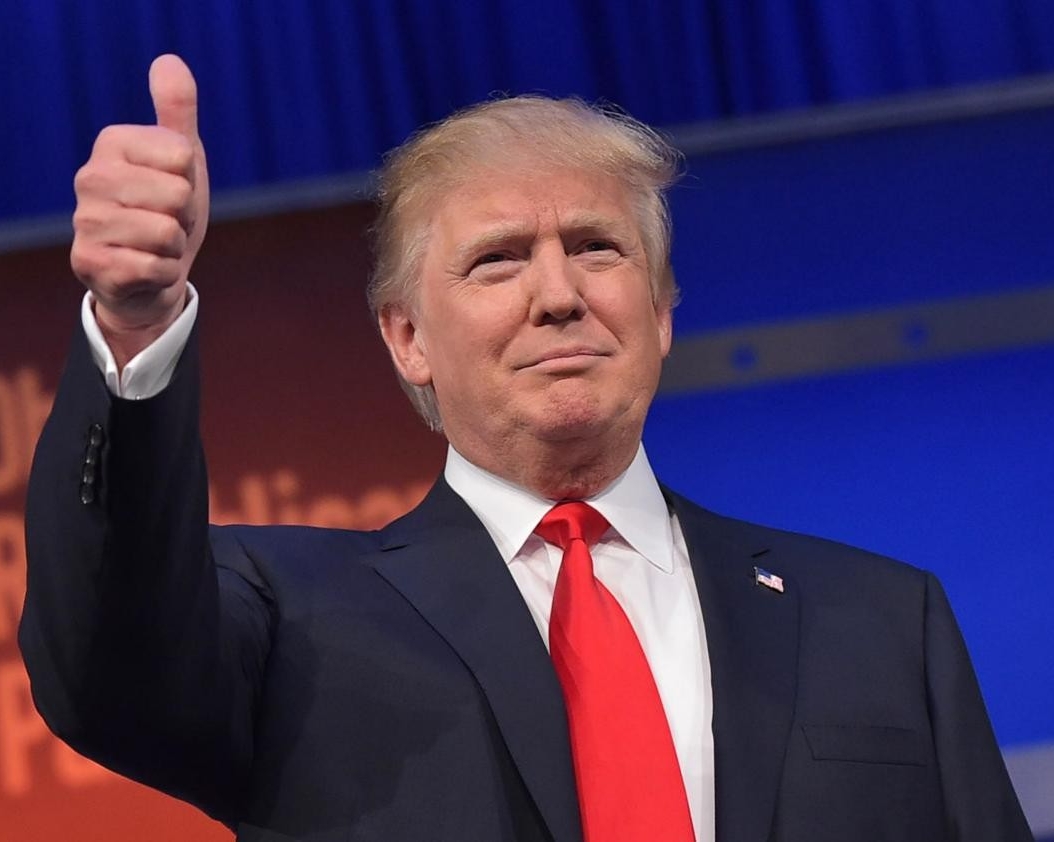article
Trade war perfect time for Canada to boost innovation research
This article was originally published in The Windsor Star.
Over the last few weeks, the Trump administration’s decision to freeze or cut billions of dollars in funding from national research agencies and universities has imperiled thousands of research projects, in areas as necessary as cancer research, the climate crisis and artificial intelligence.
Robert Reich, former U.S. secretary of labor and a University of California public policy professor, is one of many sounding the alarm: Trump’s actions against American universities undermine the competitiveness of that once great research powerhouse.
Others are moving swiftly to turn this to their advantage. The Chinese government said it is allocating 398 billion yuan (US$54 billion) to science in 2025, an unprecedented investment to attract top researchers from the U.S. and around the world.
And in recent weeks, the French government has indicated its interest in welcoming American scientists to its universities.
Canada has a rare and urgent opportunity to position itself as a leader in research — strengthening our productivity, creativity and innovation.
At a time when democracy, academic freedom and even truth is under threat, Canada can seize this moment to enhance our research and innovation excellence and harness that power to build a stronger, more self-reliant economy and society.
Canada offers an attractive home for research talent — we have an open, vibrant, democratic system that values both innovation and inclusion.
We propose three immediate actions:
First, increase investment in research and innovation to help attract top talent.
Canada’s universities are essential to our economic future, yet research investments remain significantly lower than those of our global competitors. A strategic investment in research funding can help attract world-class scientists from the U.S. in sectors critical to Canada’s economic future, including clean energy, artificial intelligence and health sciences.
By prioritizing competitive funding and infrastructure development, we can ensure Canada is a destination for mobile global research excellence.
Second, remove barriers for students, especially American graduate students, to relocate to Canada.
International students have faced extraordinary hurdles in obtaining study permits to come to Canada. At a time when the U.S. is closing its doors to global talent, we should open ours.
We propose an international campaign celebrating Canada’s diversity, stable research environment, respect for the rule of law and freedom from censorship. Encouraging top U.S. researchers and students to relocate to Canada will not only strengthen our academic institutions but also enhance our global competitiveness in vital fields of inquiry.

Third, leverage public-private partnerships to advance a Canadian research agenda.
Many American philanthropic organizations face a new domestic political environment that constrains their support for global initiatives. We have the chance to establish partnerships with these organizations to co-fund research programs that align with Canadian areas of strength and potential.
By working with industry leaders, philanthropic foundations and global institutions, we can build new funding models that drive research breakthroughs, support social cohesion and human flourishing, and foster productivity and economic growth.
Québec’s chief scientist, Rémi Quiron, hailed this as a unique moment to attract world-class talent and strengthen Canada’s research ecosystem. But this moment is about more than building academic excellence — it’s about leadership, national resilience, honouring talent and knowledge creation and shaping the future in an era of rapid change.
It is a moment that could strengthen what it means to be Canadian.
Canada can become a global hub for knowledge and innovation. A bold investment now will drive long-term economic growth, ensure Canada’s leadership and resilience in critical fields and provide a stable and democratic environment for scholars and students from around the world.
Kim Brooks, a professor in tax law and policy, is president of Dalhousie University. Kimberley Manning is a Concordia University professor of Chinese politics and women’s studies.

